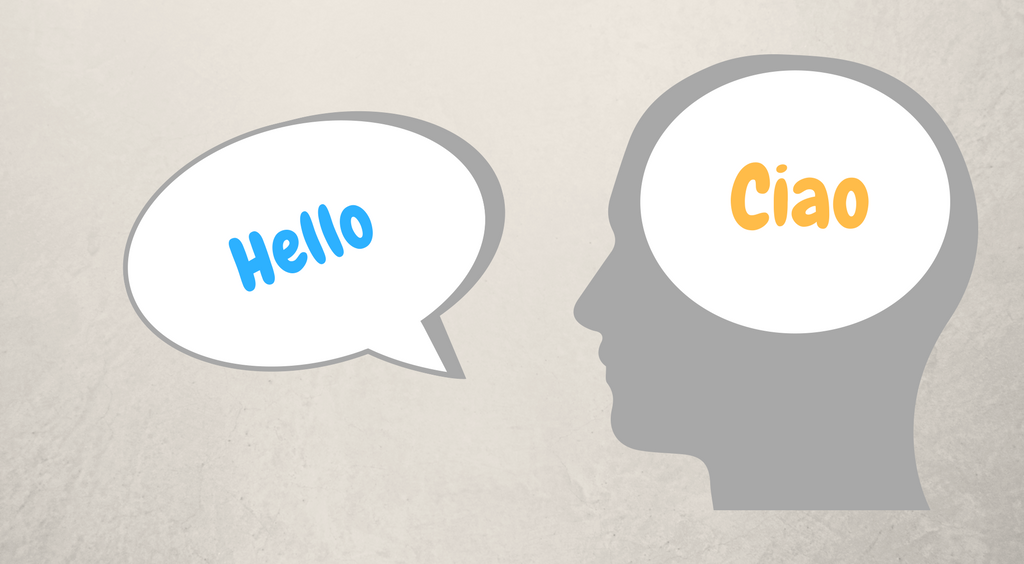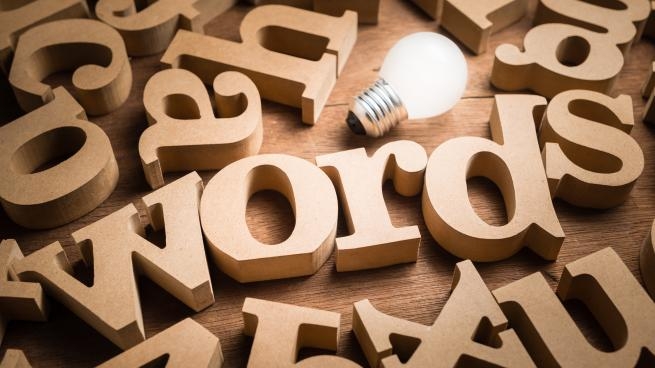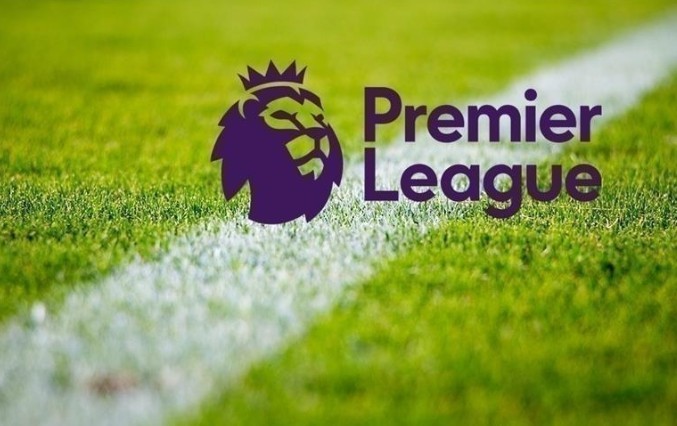Easy tips for you to become bilingual
 |
| Photo: blog.busuu.com |
Whether you were born in the chilly forests of Siberia, the beaches of Hawaii, or the centre of Poland, you can reach any person, anytime you want. The Internet is already a big thing. It’s going to get bigger, no doubt about that.
Sure, you can rely on translating apps, yet there’s nothing like the experience of actually having a conversation. Especially such started by yourself; believe me, it’s worth it. So how can you become bilingual? No matter if you want to polish your Hindi, Italian, or French, here’s a few things you can do, according to Theredframe.
Change your language learning perspective.
Individuals who argue against their ability to achieve fluency in another language often cite the fact that they are adults, and therefore no longer possess the aptitude or sponge-like brains they had during their younger years – a challenging situation to overcome. In fact, adults often display higher language acquisition ability because they have more experience learning languages, and because they often have a more sophisticated understanding of the context surrounding a word or sentence.
Another key change to consider is reversing the language learning process traditionally followed in academic settings. Rather than pouring over books and memorizing grammar rules, find a friend with a second language in common and dive into a conversation. Learning on the fly through successes and failures in real time will not only help you develop your listening skills, but will force you to rapidly produce the language, leading to quicker reaction times and more successes in the future, which in turn will stimulate faster learning, Passportcareer noted.
Start with a 70-day Language Learning Warmup
 |
| Photo: learnenglish.britishcouncil.org |
One of the more overwhelming aspects of trying to become bilingual for the first time is just how many different things you have to deal with when learning a language. Instead of trying to memorize a boatload of vocab and learn a language at the same time, just get the memorization out of the way first, and then start learning the language. I realize that might sound strange. This isn’t your grandma’s language learning strategy. But it works.
It works because to be in good shape to learn a language, really good shape, you only need to memorize 100 words. The idea behind the 70-day language learning warmup is to take a couple months to familiarize yourself with the 100 most important words in the language you’re learning, so that on day 71—when you start actually working on becoming bilingual—most of the words you’re seeing aren’t showing up out of thin air and asking to be immediately memorized, Fluentu expressed.
Learn through indirect tools
Books
Set aside a reasonable amount of time (e.g. 15-30 minutes) each day to read in the language you’re trying to learn. Choose your reading material based on your current proficiency in that language. For example, if you’re just a beginner at Portuguese, you might choose books read by infants. If you’re already at an intermediate level of proficiency, then you might choose books targeted towards middle or high-schoolers. Reading daily goes a long way towards building your vocabulary and awareness of grammatical structures.
Music
 |
| Photo: Thenational.com |
Turn on the radio or go on Spotify and listen to songs in the language! The melodies and rhythms that come with music often make remembering words and sentence structures easier for language learners, tutormeeducation Showed.
Films
We all do that – Netflix and chill or the newest blockbusters downloaded from Torrent. You can start with subtitles and try to match what you hear with what you read. Thus, you’ll grasp entire phrases used in everyday life instead of useless vocab, Theredframe.blog advised.
Embrace failure.
No matter the level of pressure imposed by the language acquisition setting, new language learners are bound to make mistakes. These mistakes are a vital piece of the learning process, and should thus be recognized as beneficial, rather than detrimental. In failing, individuals learn the nuances of the language they are studying firsthand, and are therefore more easily able to hold themselves accountable in avoiding such a mistake in future conversation.
Practice really does make perfect.
In understanding the importance of regular second language practice, consider how long it has taken you to achieve your current level of fluency. Reaching the end of a class, finishing a podcast series, or completing a workbook in a particular language should not be the conclusion of your practice. Maintaining fluency requires just as much effort as obtaining it. If focusing solely on the language you want to speak is no longer difficult enough, enroll in an academic course in that language that covers more abstract concepts, such as economics or sociology, and read literature that will challenge your understanding in your new tongue.
| No matter what kind of learner you are, consistency and dedication to practice are the most important pieces of the language acquisition puzzle. Set a goal for yourself, set a deadline, and enjoy the educational journey. |
If you find the article above a good source of information, share it widely, thanks a lot!
 Amazingly easy tips to arrange wedding flowers Amazingly easy tips to arrange wedding flowers Wedding ceremony is an important event in the whole life. People usually concern about how to arrange the most beautiful and elegant wedding flowers. These ... |
 7 Easy Tips to Keep Your Bedroom Clean and Neat 7 Easy Tips to Keep Your Bedroom Clean and Neat Everyone deserves a good night's sleep. Here are 7 simple rules to follow that will keep your bedroom cleaner and neater than ever before! |


























